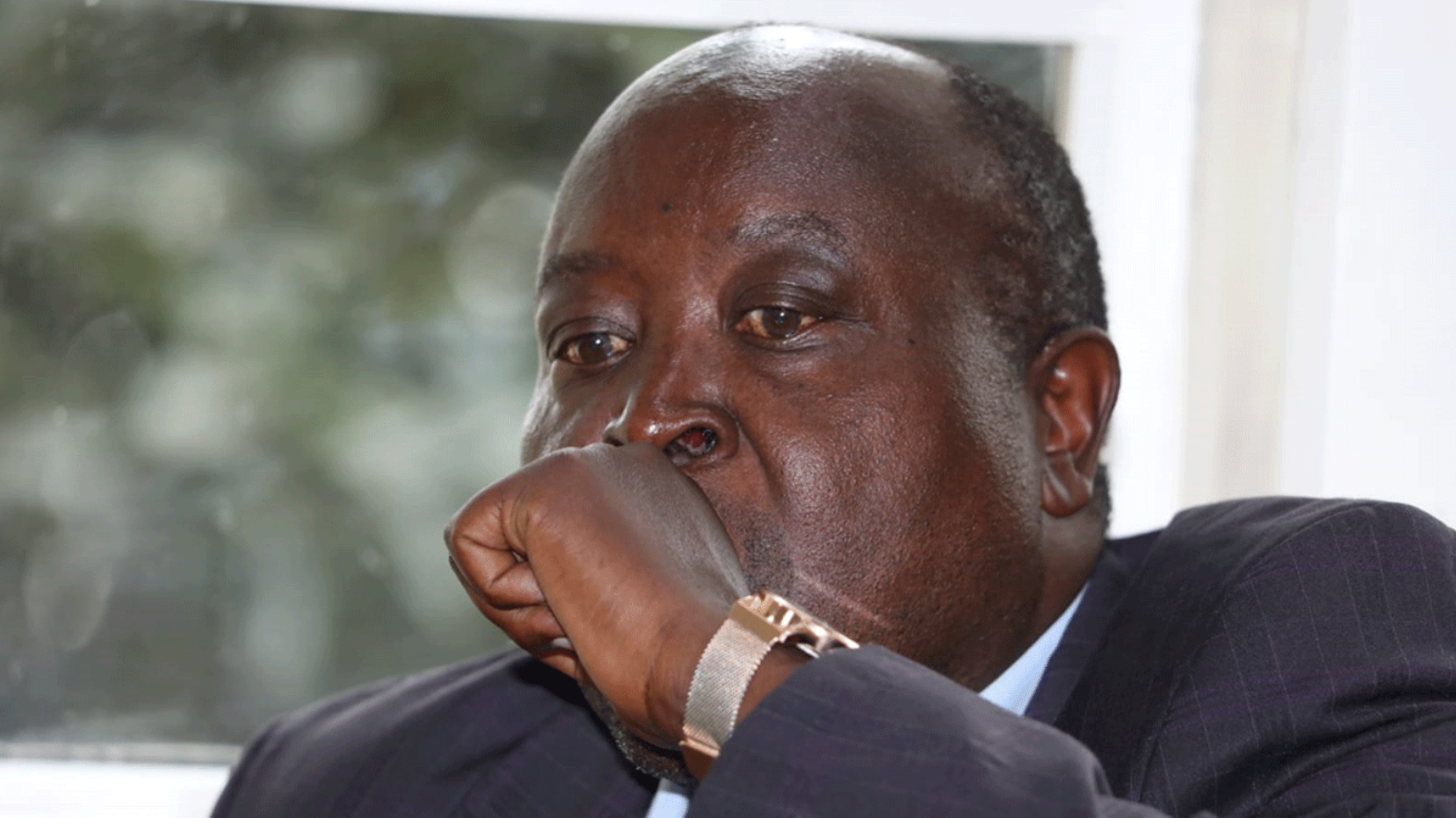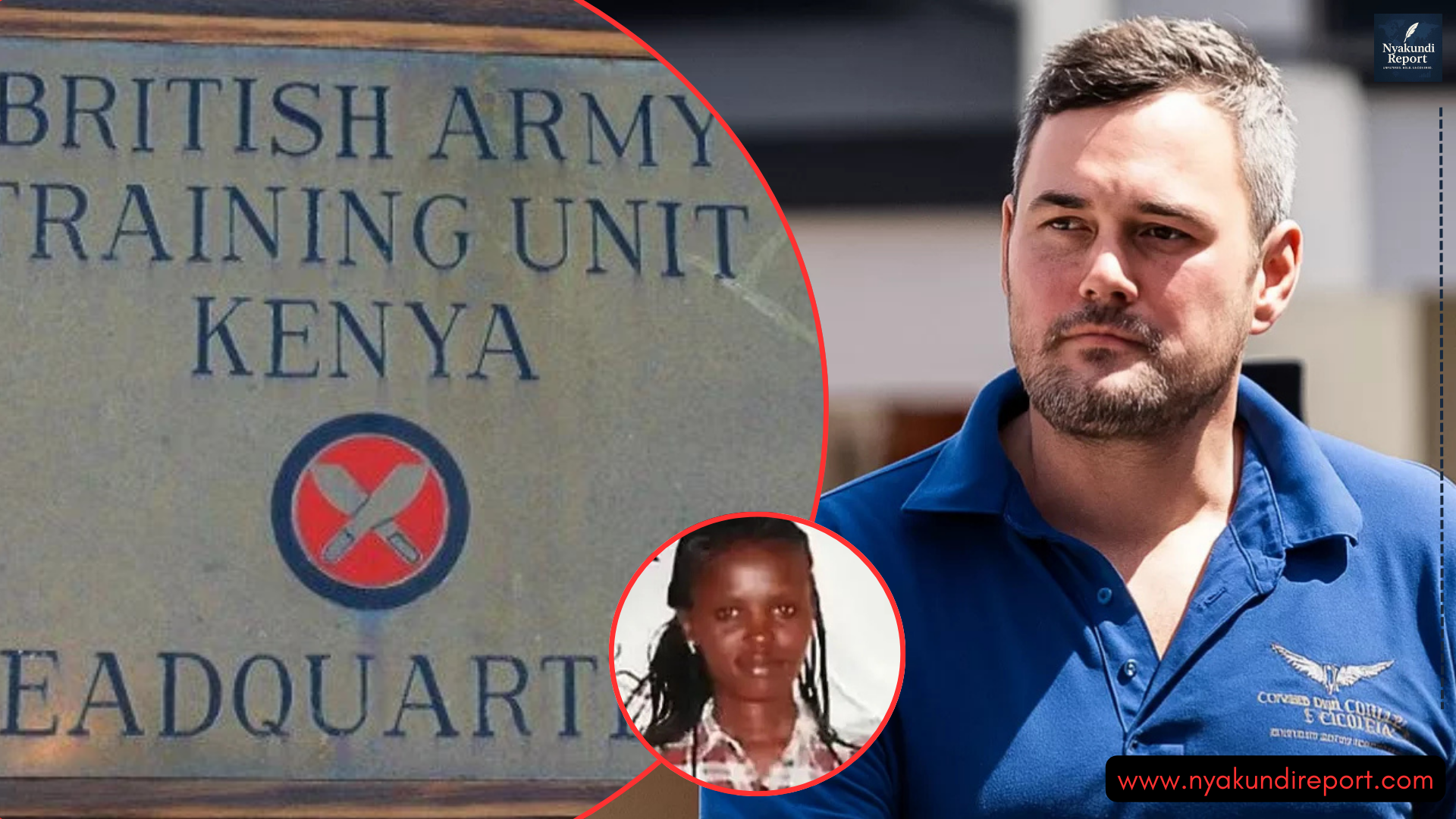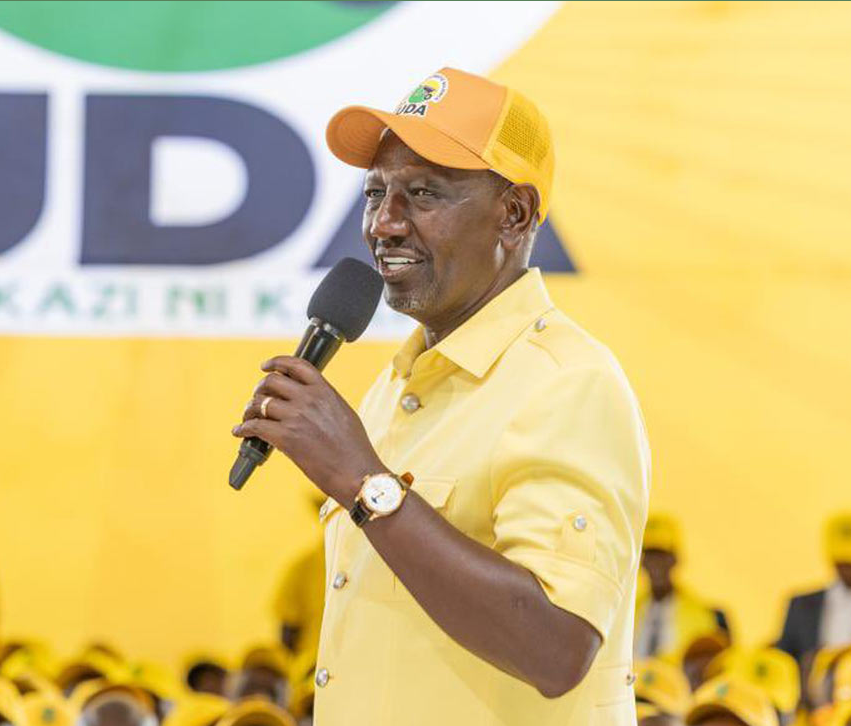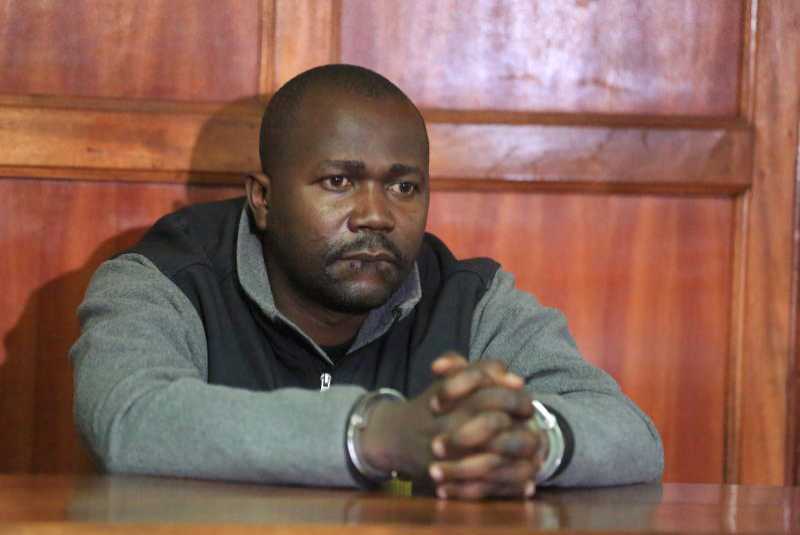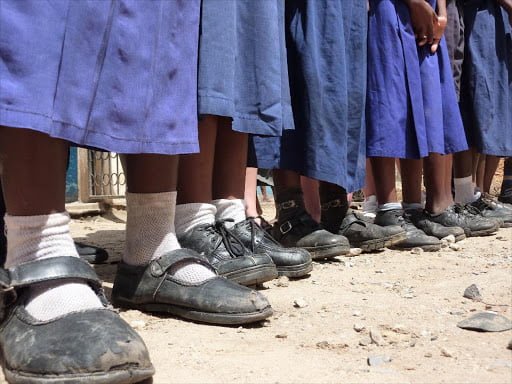Auditor-General Nancy Gathungu has flagged Ksh 4.1 billion in bursary allocations under the National Government Constituency Development Fund (NG-CDF) for the year to June 2024, saying dozens of constituencies claimed to have supported students but produced no records to prove the money reached them.

The audit shows that while 125 constituencies claimed to have assisted thousands of learners, they failed to provide supporting evidence for these payouts.
This absence of records has now drawn questions about the fate of the cash, especially in a year when many needy students were left without the support required to keep them in school.
Gaps in documentation
Out of the 125, eighty-six NG-CDF offices were unable to produce acknowledgement receipts from schools, admission numbers of beneficiaries, or signed bursary acceptance forms.
The total amount in this group comes to Ksh 2,122,652,960.
In a separate category, thirty-nine constituencies could not back up bursary allocations totalling Ksh 1,971,099,695 with any minutes from bursary vetting committees or written guidelines showing how the awards were determined.
Without such records, the audit warns, the distribution of bursaries could easily be influenced by bias, leaving deserving students locked out.
Among other findings, four constituencies: Maragua, Makadara, Kikuyu, and Embakasi West, failed to meet statutory allocation thresholds, with bursary disbursements totalling Ksh 265 million.
In Kasarani, the NG-CDF office exceeded its approved bursary budget by Ksh 21.1 million, spending Ksh 56.1 million against an allocation of Ksh 35 million.
In Kajiado Central and Matungulu, bursary cheques amounting to Ksh 12,616,331 and Ksh 3,525,700 respectively, were issued but never presented to the bank for payment.
In Kisauni, cheques worth Ksh 1,115,439 were left uncollected for long periods, becoming stale and unused by the students who had been awarded.
Scale of bursary spending
Across all 290 constituencies, bursary spending for the year reached Ksh 17.45 billion.
Secondary school students accounted for Ksh 11.35 billion of that total, learners in tertiary institutions received Ksh 5.78 billion, special schools were allocated Ksh 207.6 million, and primary schools got Ksh 110.5 million.
In total, the audit questions the use of Ksh 4.39 billion, which represents just over a quarter of the amount spent on bursaries.
The NG-CDF was launched in 2003 during President Mwai Kibaki’s administration as a tool for decentralising development funds and addressing local needs directly through MPs.
Over the years, it has financed the building of classrooms, police stations, and other public facilities, as well as supporting learners with bursaries.
Its legality has been contested multiple times, with civil society groups arguing that it blurs the separation of powers by giving MPs control over funds that should be handled by the executive branch.
In 2022, the Supreme Court found the original CDF law unconstitutional.
In September 2024, the High Court ruled that the NG-CDF and all related programmes must cease operations by midnight on June 30, 2026.
That decision has set off a flurry of political activity, as MPs seek ways to keep control over a similar pool of funds beyond the deadline.
Earlier this year, Rarieda MP Otiende Amollo and Ainabkoi MP Samuel Chepkong’a introduced a bill proposing the creation of the National Government Constituencies Fund (NGCF), to be entrenched in the constitution.
The same proposal calls for a Senate Oversight Fund (SOF) for senators, and for the National Government Affirmative Action Fund (NGAAF) to be similarly anchored in the constitution.
The stated aim is to secure the continuation of programmes currently financed under NG-CDF once the current fund is wound up.
Supporters of this legislative push argue that MPs require such a fund to address urgent community needs, particularly in education.
Critics, on the other hand, say the model is vulnerable to misuse and serves as a political tool, allowing legislators to appear as the personal benefactors of public resources.
Audit exposes operational weaknesses
The latest audit lays bare the weaknesses in record-keeping, transparency, and financial discipline within the NG-CDF offices.
In many of the constituencies reviewed, there was no paper trail to show how beneficiaries were identified, how much each received, and whether the funds reached schools in time to secure the students’ enrolment or continued attendance.
Where cheques were left uncashed or allowed to become stale, the funds lay idle instead of being reallocated promptly to other students in need.
The absence of proper vetting records and policy guidelines opens the door to arbitrary selection, rewarding of political allies, or duplication of benefits among a few while others go without.
For the thousands of students who rely on bursaries to stay in school, delays or mismanagement can mean missed terms, interrupted studies, or complete withdrawal from education.
With bursary allocations forming nearly a third of the NG-CDF budget for the year under review, the inability to account for over Ksh 4 billion represents not only a financial gap but a setback for the very purpose the fund was meant to serve.
As the clock ticks toward the court-imposed June 30, 2026 shutdown, the NG-CDF remains a politically sensitive subject.
Lawmakers continue to argue for its survival in some form, citing its impact on local projects and education support.
Opponents maintain that its structure inherently conflicts with constitutional principles and requires complete overhaul.
The Auditor-General’s findings may add weight to those calling for tighter controls or alternative models for delivering development funds at the constituency level, but for now, the debate is locked in Parliament, where MPs have a direct stake in the outcome.
Until that deadline arrives and unless the constitutional amendment bill passes, the NG-CDF will operate under growing public attention, with each audit peeling back the layers on how the billions of shillings entrusted to it are handled.




